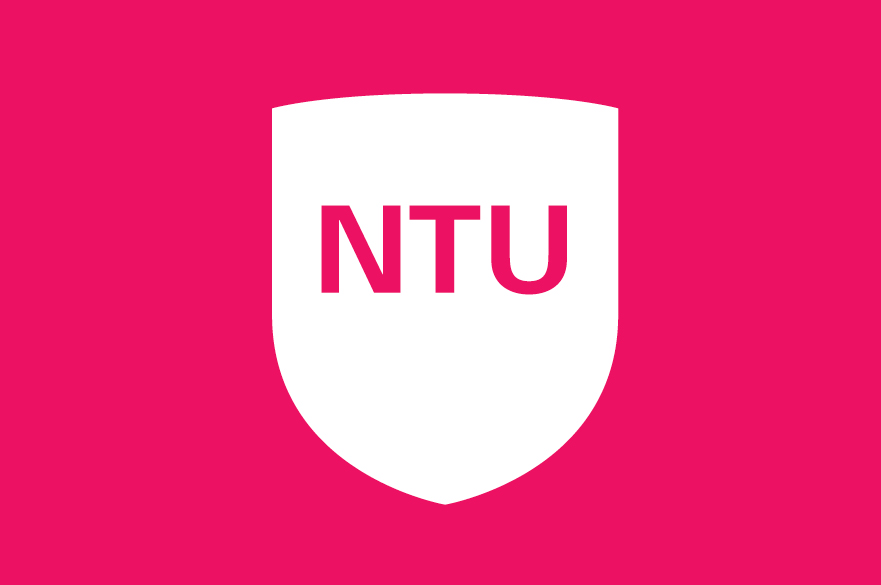Overview
Previous UK Governments have set out their ambitions to increase the level of financial literacy through training within the UK, but there is mixed evidence of its success. International evidence suggests that those from disadvantaged groups may also be left behind, even when considering a sub-sample of educationally more successful young people that are studying at university.
The consequences of this could be important in terms of alleviating wider deprivation as financial literacy is associated with engagement with entrepreneurship and better performance where enterprises are started. Entrepreneurship has been perceived as one way of alleviating deprivation, but existing support has been less successful in assisting those from disadvantaged groups. More recent periods of higher rates of inflation leading to rising costs make financial literacy all the more important for the enterprises started by disadvantaged groups which are often more marginal in the first place.
Building on the work of previous studies the research will seek to further explain the lower financial literacy of those from disadvantaged groups, but also the consequences for the entrepreneurial aspirations of these groups. In gaining more insight into both the relationship of lower financial literacy with entrepreneurial aspirations, but also the causes of this lower financial literacy, more effective interventions can be devised to boost financial literacy in a manner that boosts entrepreneurship. The focus will be on those from disadvantaged groups who are more highly educated and are studying on university courses, representing an underexploited pool of entrepreneurial potential.
In order to undertake the research, it is envisaged that the project would build from the ‘Student Financial Literacy: Skills and Awareness’ survey conducted at Nottingham Trent University and De Montfort University, but incorporating insights from models of entrepreneurial motivation and aspiration pertinent to deprived areas. This will allow statistical analysis of the relationships between the perceptions held, advice sought, financial literacy skills developed, and entrepreneurial motivation/aspirations to be explored, using approaches such as regression analysis or structural equation models (SEMs).
Nottingham Business School is triple crown accredited with EQUIS, AACSB and AMBA – the highest international benchmarks for business education. It has also been ranked by the Financial Times for its Executive Education programmes in 2023 and 2024. NBS is one of only 47 global business schools recognised as a PRME Champion, and held up as an exemplar by the United Nations of Principles of Responsible Management Education (PRME).
Its purpose is to provide research and education that combines academic excellence with positive impact on people, business and society. As a world leader in experiential learning and personalisation, joining NBS as a researcher is an opportunity to achieve your potential.
Applications for October 2025 intake closes on 1st July 2025 and applications for Jan 2026 intake closes on 1st October 2025.
Staff profiles
Entry qualifications
Entrants must have subject expertise in at least one of the following: economics; finance; entrepreneurship. Applicants would be expected to have an appreciation of the challenges of quantitative data collection and analysis, and the skills required to overcome these challenges.
UK: Successful applicants for the PhD in Nottingham Business School normally hold a first or upper second-class honours degree from a UK university or an equivalent qualification. Candidates with a lower second-class degree may apply if they hold a Master’s degree at Merit level or higher.
International: Successful applicants for the PhD in Nottingham Business School normally hold a first or upper second-class honours degree from a UK university or an equivalent qualification. Candidates with a lower second-class degree may apply if they hold a Master’s degree at Merit level or higher.
International students will also need to meet the English language requirements - IELTS 6.5 (with minimum sub-scores of 6.0). Applicants who have taken a higher degree at a UK university are normally exempt from the English language requirements. Applicants who do not meet the English language proficiency requirement will normally be asked to complete an English Language course.
How to apply
Applications for October 2025 intake closes on 1st July 2025 and applications for Jan 2026 intake closes on 1st October 2025.
Please visit our how to apply page for a step-by-step guide and make an application.
Fees and funding
This is a self-funded PhD project for UK and International applicants.
Guidance and support
For more information about the NBS PhD Programme, including entry requirements and application process, please visit: https://www.ntu.ac.uk/course/nottingham-business-school/res/this-year/research-degrees-in-business
Nottingham Business School is triple crown accredited with EQUIS, AACSB and AMBA – the highest international benchmarks for business education. It has also been ranked by the Financial Times for its Executive Education programmes in 2023 and 2024. NBS is one of only 47 global business schools recognised as a PRME Champion, and held up as an exemplar by the United Nations of Principles of Responsible Management Education (PRME).
Its purpose is to provide research and education that combines academic excellence with positive impact on people, business and society. As a world leader in experiential learning and personalisation, joining NBS as a researcher is an opportunity to achieve your potential.
